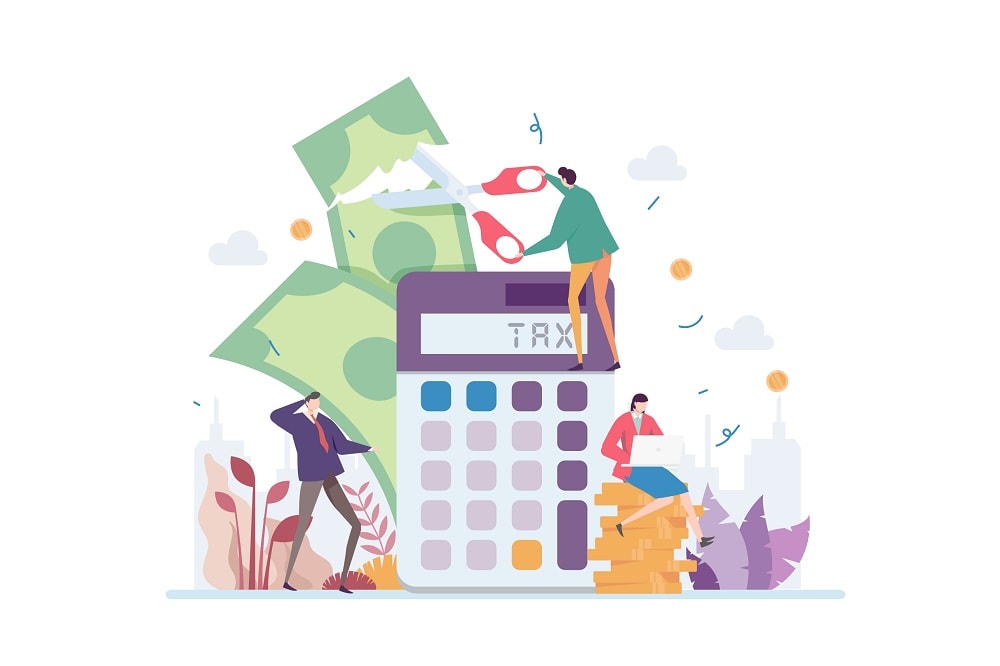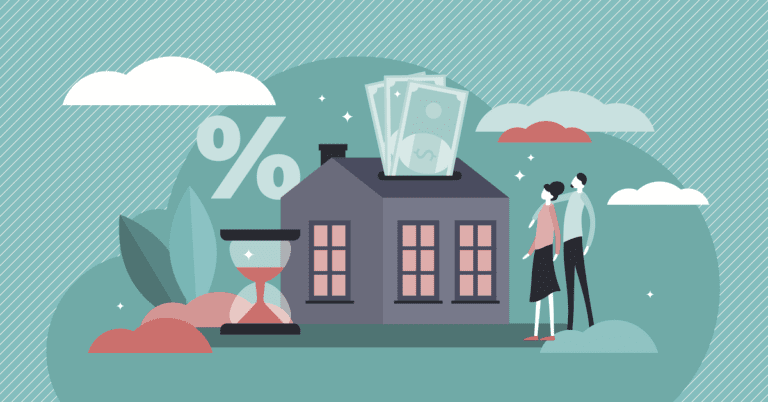No, the title isn’t a typo. Today, we decided to tackle a rarely discussed but very important topic that many homeowners have never considered: whether it’s better to sell your home before or after you die. In some circumstances, choosing the latter option can mean the difference in being able to pass a lot more money on to your family. Read on to learn about the pros and cons of both options.
In the tax code, there’s a specific rule known as the stepped-up basis at death rule for real estate taxes. From a practical perspective, the rule means the gain on a home sold after death is not taxable by the IRS.
Let’s take a look at how this rule plays out in two different scenarios: selling property before and after death.
If You Sell Your Property Before You Die
Let’s say you bought your home for $30,000 in 1986. Many years later, it’s now worth $730,000. That means you potentially have $700,000 worth of gain if you sell your property, which is amazing!
The problem is, you’re going to have to pay up to 20% capital gains tax to the IRS. What’s worse is high tax states like California may take another 13% in taxes. And just to make it a bit more painful, taxes related to the Affordable Care Act may mean the government takes another 3.8% off of your profit on some home sales. Before you know it, all those taxes can eat up to 35% of your $700,000 profit, which means almost $250,000 goes to into the government’s pocket rather than into yours.
Plus, you’ll have to pay agent fees. Traditional real estate agents charge 2.5-3% to sell your house. On a $400,000 house, that’s $10,000-$12,000 in seller’s agent fees.
If Your Home Is Sold After You Die
At death, the tax code doesn’t view you as having the $700,000 gain. Instead, the tax code “steps up the basis” in your property and it becomes valued at the amount it’s determined to be worth at your death. In simple terms, this means the IRS views the $700,000 of value your property gained (in excess of the $30,000 you originally bought the home for) as the value of your property rather than a profit on the property.
That means, if the home sells for $730,000, the almost $250,000 that you would have owed in tax in the example above stays in the pocket of whomever inherits the money made from the home sale. The savings can be enough money to give your family security for years to come.
Federal Exclusions and Capital Gains Tax
First, consider what your current tax implications are. If the home you’re considering selling is your primary residence, you can take advantage of federal exclusions on capital gains tax. Individuals are able to avoid paying capital gains on the first $250,000 of their home’s value, and couples can avoid paying capital gains tax on up to $500,000.
If you fall into this category, the tax implications of selling could be minor, so it may be best to sell now and get as much money out of the property as you can. This is also likely the best decision to make if you just need to sell your home regardless of the tax consequences. Perhaps the money trapped in your home is going to be fund your retirement or it’ll be used to pay medical bills.
However, if you don’t have any urgent money needs and the property you’re considering selling is not exempt from capital gains tax, you may want to hang on to your real estate asset. As described above, doing so may mean your family stands to inherit much more in untaxed gains when the home is sold after your death.
While this option isn’t often talked about, it’s important to understand and comprehend what the potential financial impact will be on your family after you pass away.



